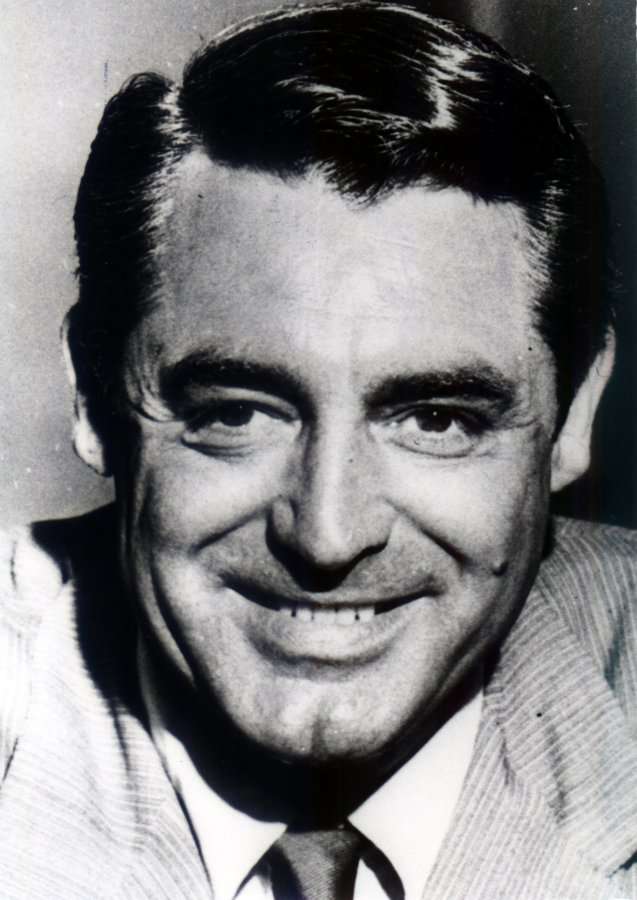Nov. 29 (UPI) -- On this date in history:
In 1877, Thomas Edison demonstrated a hand-cranked phonograph that recorded sound on grooved metal cylinders. Edison shouted verses of "Mary Had a Little Lamb" into the machine, which played back his voice.
| Advertisement |
Nov. 29 (UPI) -- On this date in history: In 1877, Thomas Edison demonstrated a hand-cranked phonograph that recorded sound on grooved metal cylinders. Edison shouted verses of "Mary Had a Little Lamb" into the machine, which played back his voice.
In 1890, the first Army-Navy football game was played. Navy won 24-0.
In 1929, U.S. Navy Lt. Cmdr. Richard Byrd and three crewmen became the first people to fly over the South Pole.
In 1935, Nobel Prize-winning physicist Erwin Schrödinger published his famous thought experiment dubbed "Schrödinger's cat," to illustrate a paradox of quantum mechanics.
In 1947, despite strong Arab opposition, the United Nations voted for the partition of Palestine and the creation of the independent Jewish state of Israel.
In 1963, U.S. President Lyndon Johnson appointed the Warren Commission to investigate the assassination of President John Kennedy.
In 1981, actor Natalie Wood drowned while on a boat trip to Santa Catalina Island, Calif.
In 1986, movie icon Cary Grant died of a stroke at the age of 82.
In 1989, Romanian Olympic gymnastic hero Nadia Comaneci fled to Hungary. She eventually reached the United States.
In 1990, the U.N. Security Council passed a resolution authorizing "all necessary means," including military force, against Iraq if it didn't withdraw from Kuwait by Jan. 15, 1991.
In 1991, a dust storm in Coalinga, Calif., triggered a massive pileup by more than 250 vehicles on Interstate 5, killing 15 people and injuring more than 100.
In 1994, voters in Norway rejected a proposal to join the European Union.
In 2001, George Harrison, lead guitarist of the Beatles, died of cancer. He was 58.
In 2011, Dr. Conrad Murray was sentenced to four years in prison for an involuntary manslaughter conviction in the death of Michael Jackson. He was released on parole Oct. 28, 2013.
In 2012, the United Nations voted 138-9, with 31 abstentions, to give Palestinians non-member observer status.
In 2019, two victims were killed and others injured in a terrorist knife attack at Fishmongers Hall near London Bridge. The attacker was also killed.


